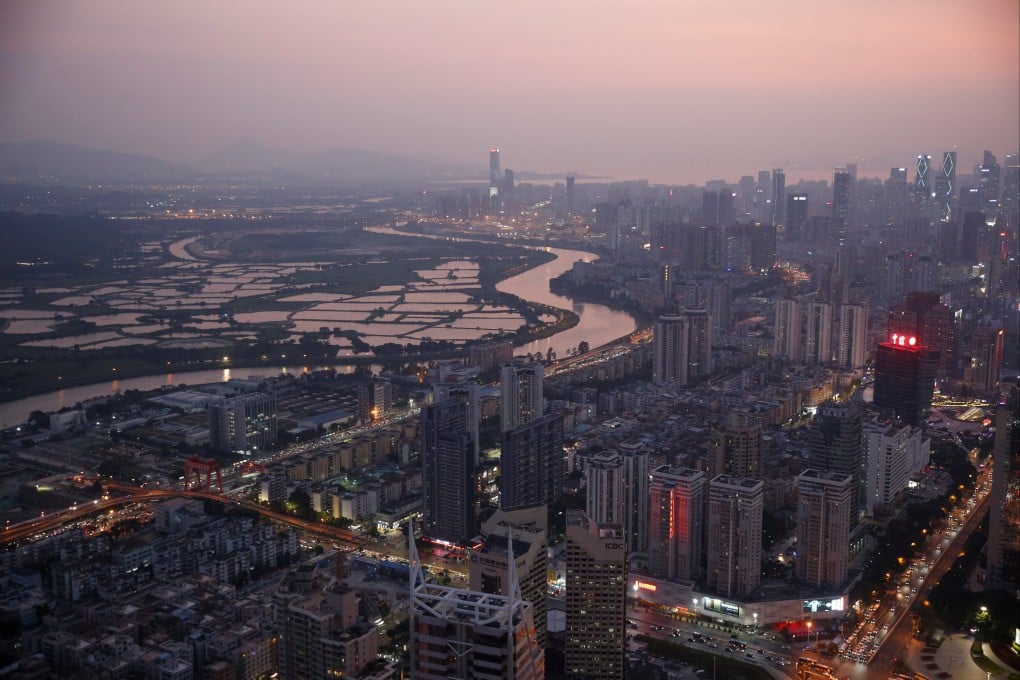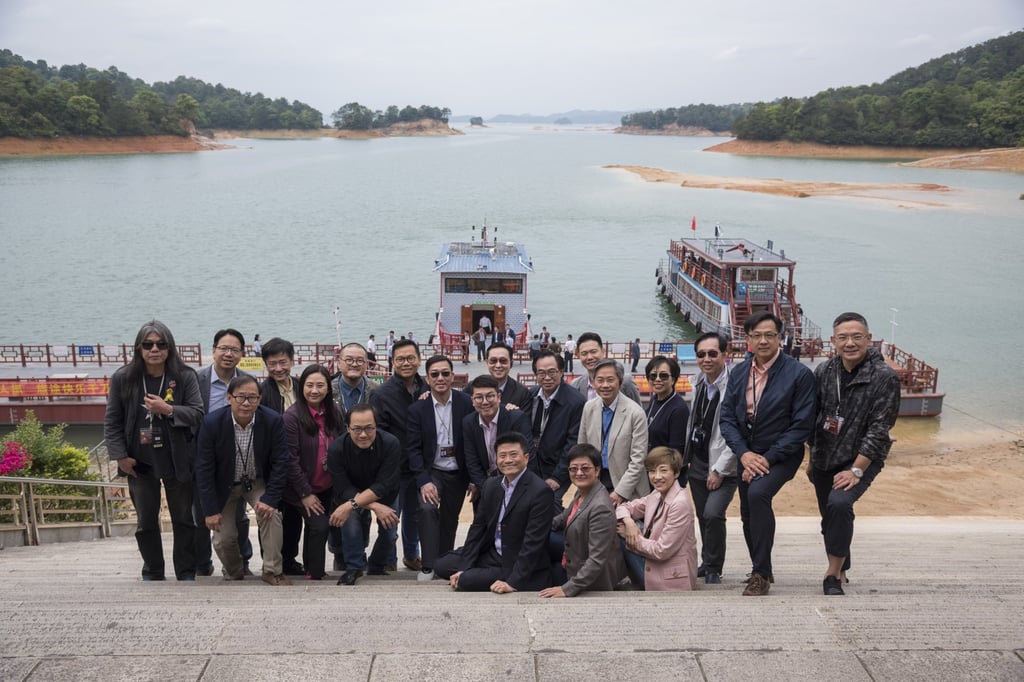China’s tech hub Shenzhen hit by worst drought since 1963
- Reserves fall by more than half in Dongjiang area, the source of 90 per cent of the city’s water supply
- While immediate impact is minimal, experts point to the need to identify alternative sources


“The Dongjiang is suffering from the most severe drought since 1963,” a Shenzhen government notice published earlier this week said.
“The water supply outlook for this winter and next spring is not optimistic and it is imperative that the entire city starts saving water.”
The Shenzhen Water Authority expects a shortfall of 1 million cubic metres (264 million gallons) per day until the spring, and hopes to make up half the deficit from emergency reserves and the rest through conservation.
Though residents may not feel it, Shenzhen has always been short of water because it has no large rivers, and its water containment capacity is low, according to Wei Fulei, deputy director of the Silver Lake New Energy Strategy Research Centre, a local think tank.
“Shenzhen’s average per capita share of water resources for 2019 was 154 cubic metres, which is only one-tenth of the average in [the whole of] Guangdong province, and one-thirteenth of the national average,” Wei said.